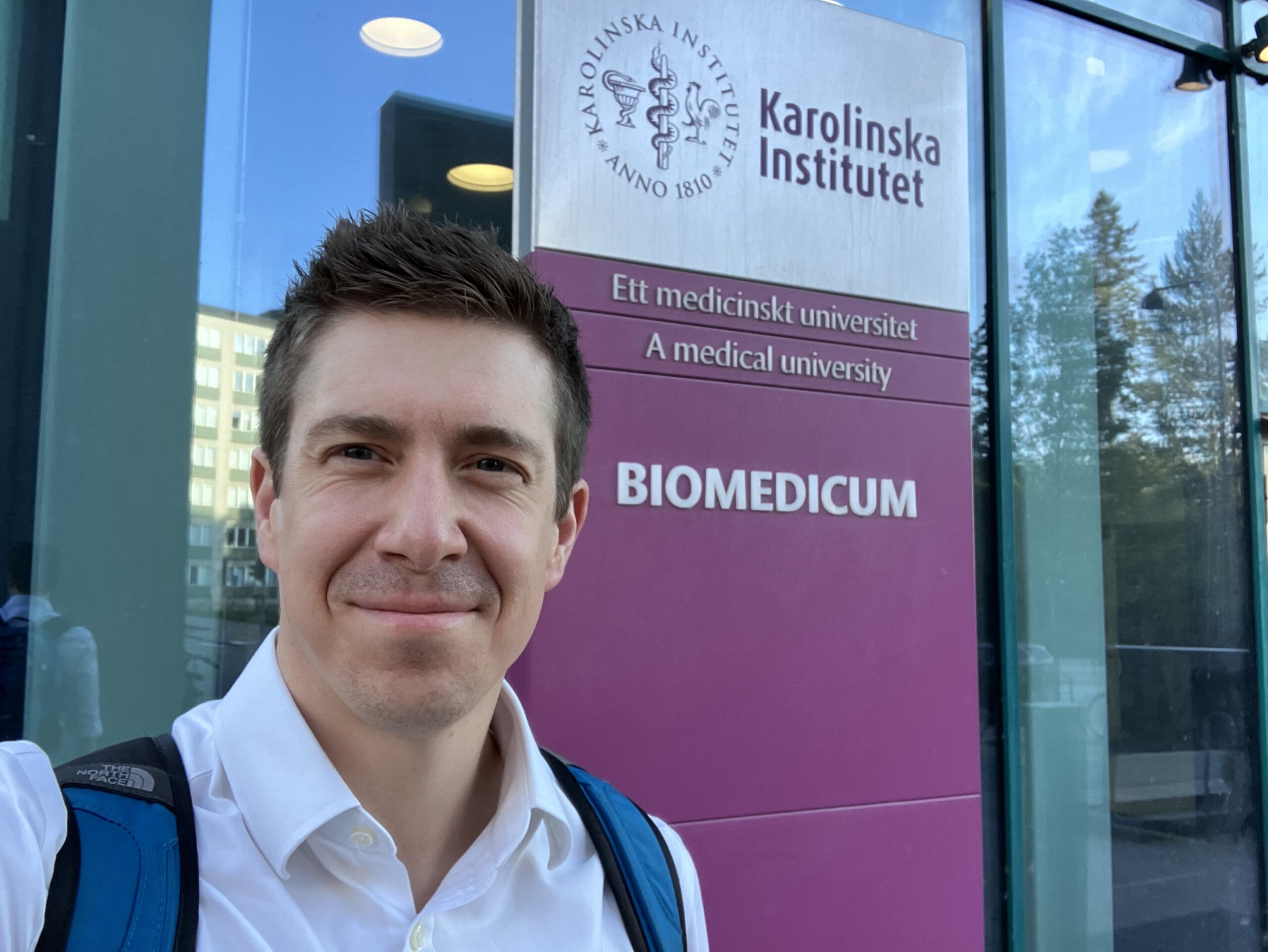One of the most common discussions I have with paediatric trainees is about doing either gastroenterology or hepatology as a subspecialty. So here I will share my very biased view as a hepatologist.
Firstly, unlike much of the world, in the UK paediatric gastroenterology and paediatric hepatology are almost completely separate entities. This is because, in the UK, there are three nationally commissioned liver transplant units for children: Leeds, Birmingham and Kings. Each unit covers a large part of the UK and consequently has relatively high case volume and concentrated expertise. This allows for ‘complete’ sub-specialisation into (exclusively) hepatology. Whereas there are slightly more gastroenterology units with most children’s hospitals having a department (of varying size).
So, what’s the difference in terms of what we do?
Hepatologists: investigate liver disease, look after children pre- and post-transplant (in close conjunction with the transplant surgeons) – both liver and small bowel/multivisceral , perform upper GI endoscopy and variceal banding (but not colonoscopies), do liver biopsies, and manage acute liver failure (among else). Given the supra-regional nature of the liver centres, we give a lot of advice over the phone, e-mail and arrange for transfers between different hospitals.
Gastroenterologists: manage intestinal failure, lead on (home) parenteral nutrition programmes, investigate/diagnose/treat inflammatory bowel disease, perform upper and lower GI endoscopies, manage patients with complex feeding requirements, diagnose coeliac disease, and investigate/manage patients with other GI symptoms.
Some other differences:
- Hepatology generally has sicker patients, so is of higher intensity; we almost always have one or two patients in intensive care.
- Gastroenterologists tend to do more procedures (i.e. endoscopies) than hepatologists.
- Hepatology deals with more rarities and genetic conditions than gastro.
- To me, there seems to be a stronger emphasis on research and having a higher degree (i.e. PhD or MD) in hepatology (particularly in some parts of the country). There are also many excellent paediatric gastroenterology research centres across the country doing world leading research and plenty of opportunities to take your interests forward.
In terms of training & applications, as it currently stands:
- To train as a gastroenterologist through RCPCH GRID Involves 30 months. Gastroenterology + 6 months hepatology.
- To train as a hepatologist involves: 30 months hepatology + 6 months gastroenterology.
- The applications are separate for GRID.
- Whilst it is theoretically possible to move between the two post-CCT (e.g. train as a hepatologist then work as a gastroenterologist) It would involve further post-CCT training and very specific individual circumstances. It is probably more common for people to go from subspecialty training in either gastro will liver and then to work the general paediatrician with specialist interest.
One further consideration for gastroenterology is that there is opportunity to practise as a general paediatrician with specialist interest in gastroenterology, whereas this is not the case for hepatology. Therefore, if you are interested in gastrointestinal disease, it is important to have a clear understanding of why you would wish to work as a tertiary gastroenterologist, rather than as a general paediatrician with interest in gastro. General paediatricians with specialist interest would see and investigate patients with GI symptoms and manage patients with IBD as part of shared care with a tertiary gastroenterologist. But only as a subspecialist would you be leading on intestinal failure, performing endoscopies and, leading on IBD treatment.
If you are considering either of these specialities, I suggest:
- Spend time in both specialties. If you can’t get a job working in both, then come for a taster week. If you do get a job in one, spend time off the wards to get a good feel for what the consultants do.
- Read the RCPCH guidance: https://www.rcpch.ac.uk/resources/paediatric-gastroenterology-hepatology-nutrition-sub-specialty
- Come to the BSPGHAN annual meeting: https://bspghan.org.uk/
- Contact one of the PGHAN CSAC trainee representatives: https://www.rcpch.ac.uk/membership/committees/paediatric-gastroenterology-hepatology-nutrition-csac
- If you are interested in research in either of these specialties and aren’t sure who to contact, then get in touch and I can try and put you in the point in the direction of someone who is doing work in the field you’re interested in.
Finally, I obviously think that hepatology is the best specialty in the world and have, chosen it over gastroenterology, therefore I’m aware that some of my biases may have come through in this.
Also see:
How I picked my research field [Blog 016]
Clinical-academic careers: PhD decisions [Blog 011]
Why I am researching bile duct diseases
The ripple effect of early choices: Understanding the long-term impact on your career [Blog 012]



